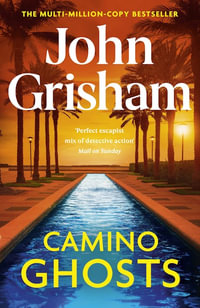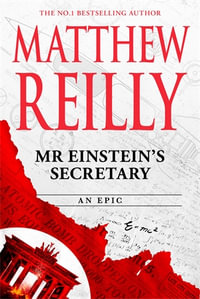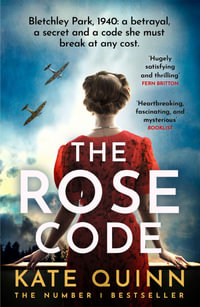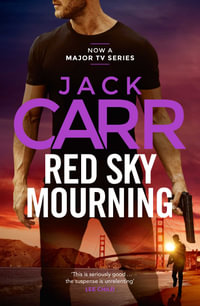In a small continental country civil war is raging. Once a lecturer in medieval French, now a confidential agent, D is a scarred stranger in a seemingly casual England, sent on a mission to buy coal. Initially, this seems to be a matter of straightforward negotiation, but soon, implicated in murder, accused of possessing false documents and theft, held responsible for the death of a young woman, D becomes a hunted man.
About the Author
Graham Greene was born in 1904. On coming down from Balliol College, Oxford,
he worked for four years as sub-editor on The Times. He established his
reputation with his fourth novel, Stamboul Train. In 1935 he made a journey
across Liberia, described in Journey Without Maps, and on his return was
appointed film critic of the Spectator. In 1926 he had been received into the
Roman Catholic Church and visited Mexico in 1938 to report on the religious
persecution there.
As a result he wrote The Lawless Roads and, later, his famous novel The Power
and the Glory. Brighton Rock was published in 1938 and in 1940 he became
literary editor of the Spectator. The next year he undertook work for the
Foreign Office and was stationed in Sierra Leone from 1941 to 1943. This later
produced the novel The Heart of the Matter, set in West Africa. As well as his
many novels, Graham Greene wrote several collections of short stories, four
travel books, six plays, three books of autobiography - A Sort of Life, Ways
of Escape and A World of My Own (published posthumously) - two of biography
and four books for children. He also contributed hundreds of essays, and film
and book reviews, some of which appear in the collections Reflections and
Mornings in the Dark. Many of his novels and short stories have been filmed
and The Third Man was written as a film treatment. Graham Greene was a member
of the Order of Merit and a Companion of Honour. He died in April 1991.
Industry Reviews
"'In a class by himself...the ultimate chronicler of twentieth-centuryman's consciousness and anxiety' William Golding" "'The most ingenious, inventive and exciting of our novelists, rich in exactly etched and moving portraits of real human beings...the tragic and comic ironies of love, loyalty and belief'" -- V. S. Pritchett The Times "'A superb storyteller...he had a talent for depicting local colour, a keen sense of the dramatic, and eye for dialogue, and skill in pacing his prose'" New York Times
























